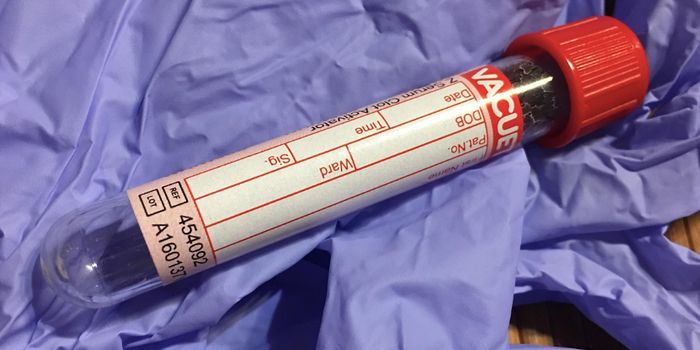Over 4 in 10 People With MS Have Used Cannabis in the Last Year

According to the National Organization for the Reform of Marijuana Laws (NORML), 22.6 percent of US adults reported using marijuana within the last year, whereas the Michigan researchers found that 42 percent of people MS did so.
The study, “Cannabinoid use among Americans with MS: Current trends and gaps in knowledge,” was published in Multiple Sclerosis Journal – Experimental, Translational and Clinical. It set out to assess the prevalence and self-reported effectiveness of cannabinoid use among MS patients in the US, as well as the role played by healthcare providers in guiding patients on use of the drug.
Of the 1,217 survey respondents, a total of 1,027 answered the question about cannabis use in the past year. Among these, 427 (42 percent) endorsed cannabis use, of whom 386 (90 percent of this subgroup) said they used cannabis either strictly for medical purposes, or for both medical and recreational purposes.
A striking finding was that only 1 percent of users said they had received assistance from their healthcare provider regarding selection of cannabinoid formulations.
Less that than one in five discussed use of cannabinoids with their healthcare provider at all.
The researchers found that MS patients who were affected more severely by pain, anxiety, depression, pain and sleep disturbances were those more likely to use cannabis products than those les affected.
On a scale of 0 to 10, where 0=no relief and 10=extreme relief, MS patients rated relief between 6.1 and 8 depending on symptom. Sleep problems and tremors were symptoms rated as most improved with cannabis.
Interestingly, where users expressed a preference for formulations with higher or lower concentrations of cannabidiol/tetrahydrocannibinol (CBD/THC) a significantly higher proportion of patients who used and liked THC-predominant formulations, experienced improvement in ability to fall asleep, and pain interfering with sleep (THC is the psychoactive component in cannabis).
The researchers wrote: ”Many Americans with MS use cannabinoids, and CBD-predominant products in particular, to self-manage a wide range of symptoms. These findings highlight crucial gaps between community use and clinical care, and illustrate an immediate need for prospective, mechanistic studies focused on the effects of cannabinoids for chronic MS symptoms, as well as interactions between MS symptoms.”
Sources: High Times, Multiple Sclerosis News Today








